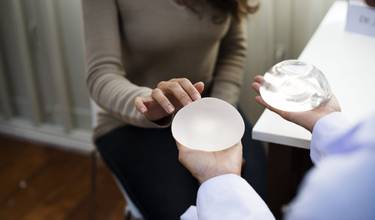Diabetes is characterised by elevated concentrations of sugar (glucose) in the blood. The high blood sugar level is due to disturbances in the sugar distribution in the body, and this is controlled by the hormone ‘insulin’. Insulin is produced in the pancreas in the so-called ‘beta cells’. When the blood sugar rises after a meal, the pancreas usually secretes insulin, which helps the cells absorb the sugar and thereby removes it from the bloodstream. This includes muscle cells or organs that need the sugar to function or to convert to energy. In a diabetic, the beta cells do not function properly, and this means that there is a lack of insulin to lower the blood sugar level. This leads to high concentrations of glucose in the blood, and this is not only unfortunate but eventually also health damaging.
Currently, many cases of diabetes are treated with injections of insulin, but this is a cumbersome method. The injections need to be carefully regulated and coordinated with the meal intakes, require the use of a needle and frequently results in inaccurate insulin levels in the body. Not only is the treatment a problem, but the increasing occurrence of the disease in general is causing concern worldwide. Thus, scientists have focused on diabetes research for a long time, and now a research team from the University of North Carolina in Chapel Hill may have found an easier and more applicable way of treating diabetes. The idea of the new treatment is to imitate the beta cells of the pancreas, so that tiny ‘vesicles’ containing insulin can be administered and then released, when the blood sugar levels increase. The vesicles consist of two layers that function as the natural cell walls. The point is that an elevated blood sugar level leads to a fusion of the layers and thereby a release of insulin. They are now trying to manufacture the vesicles in a way so that they can be administered easily and safely. Initially, the researchers have tested degradable substances that are applied under the skin. However, the aim is to manufacture a plaster which can be removed after use and applied easily and painlessly.
Whether the mechanism works in practice is something which researchers have only been able to detect in lab tests on mice. Here, the mice with diabetes were given the degradable substances, and researchers could detect that the blood sugar levels dropped within a brief period to an adequate blood sugar regulation within five days. It is now about figuring out how to administer the treatment and to test it on larger animals. The scientist, Zhen Gu, explains that it will take a lot of effort and time, but the objective is to test it on humans to improve diabetes treatment in the nearest future.
References:
https://www.nature.com/articles/nchembio.2511
http://www.wissenschaft.de/leben-umwelt/medizin/-/journal_content/56/12054/20655428








